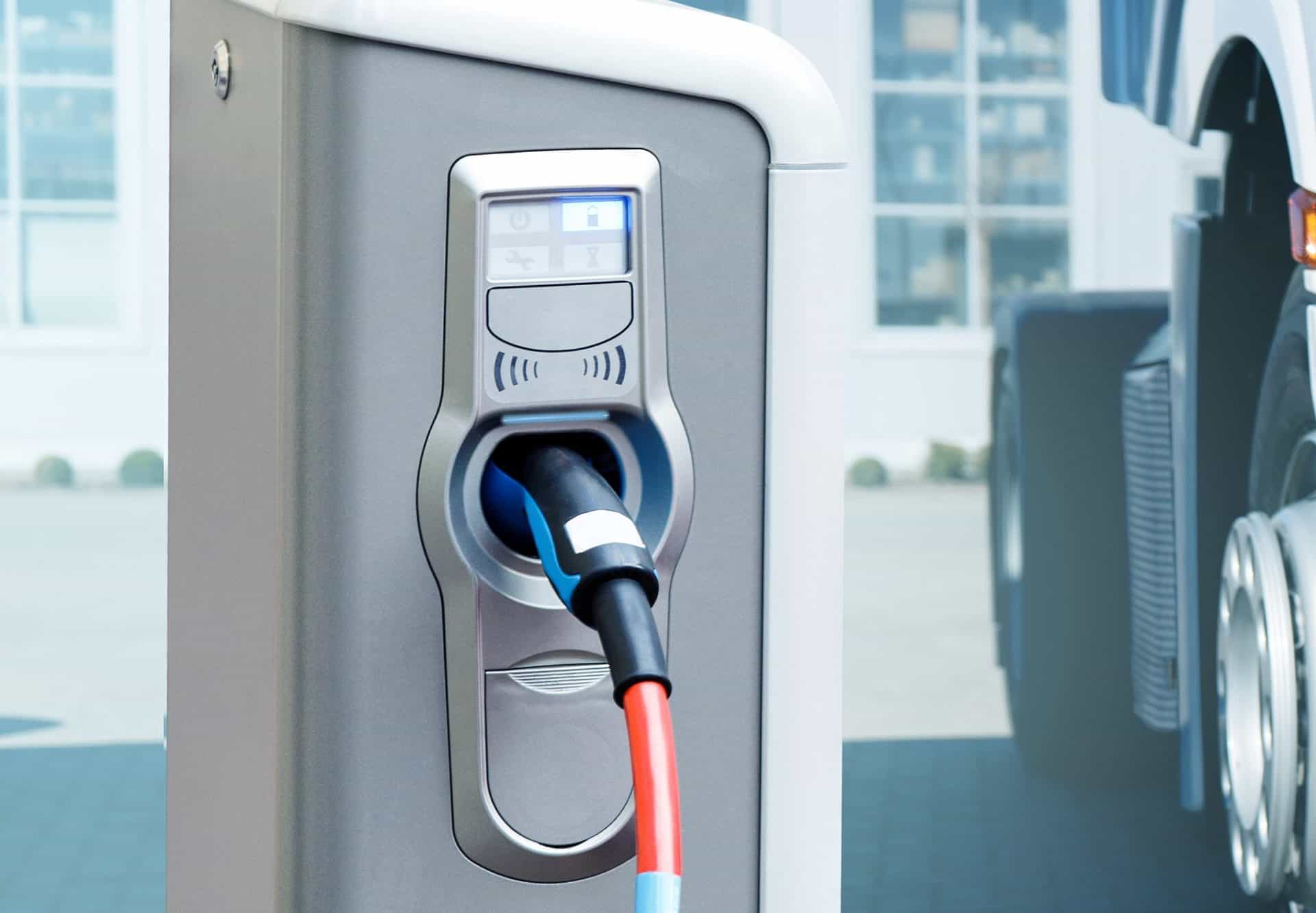Stop Analytics Module
Gain insights into vehicle stop patterns to identify optimal locations for alternative refueling and commercial charging stations. This module provides detailed metrics into aggregate vehicle stop patterns segmentable by class, fuel type, vocation and stop duration.








